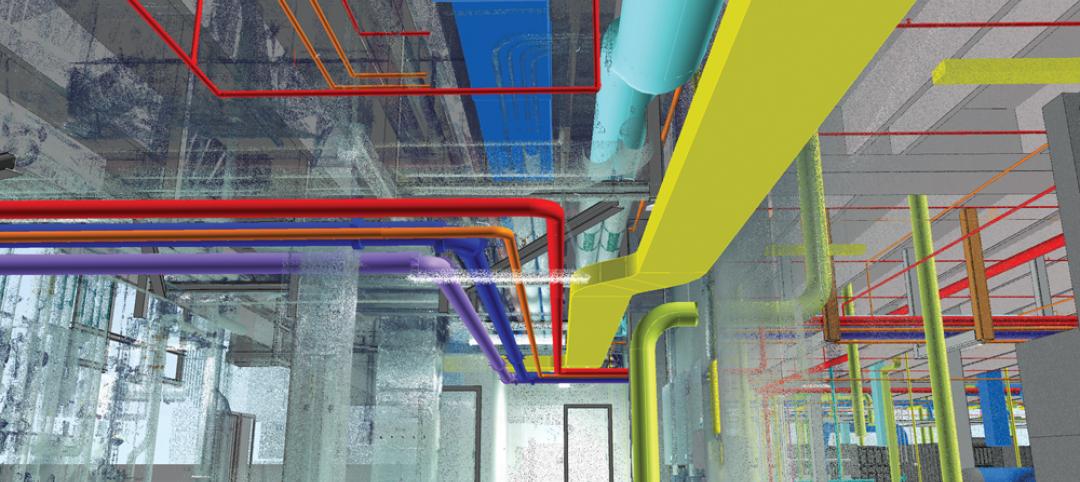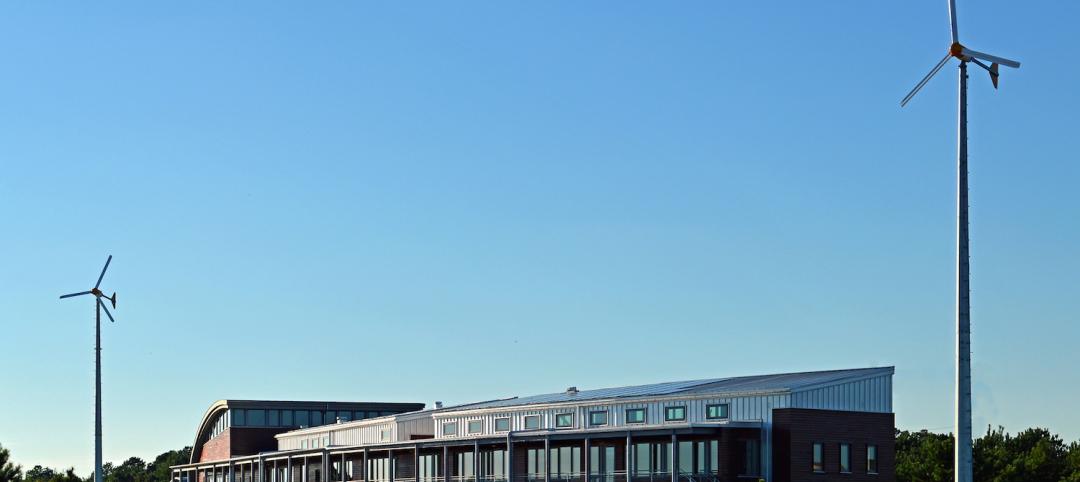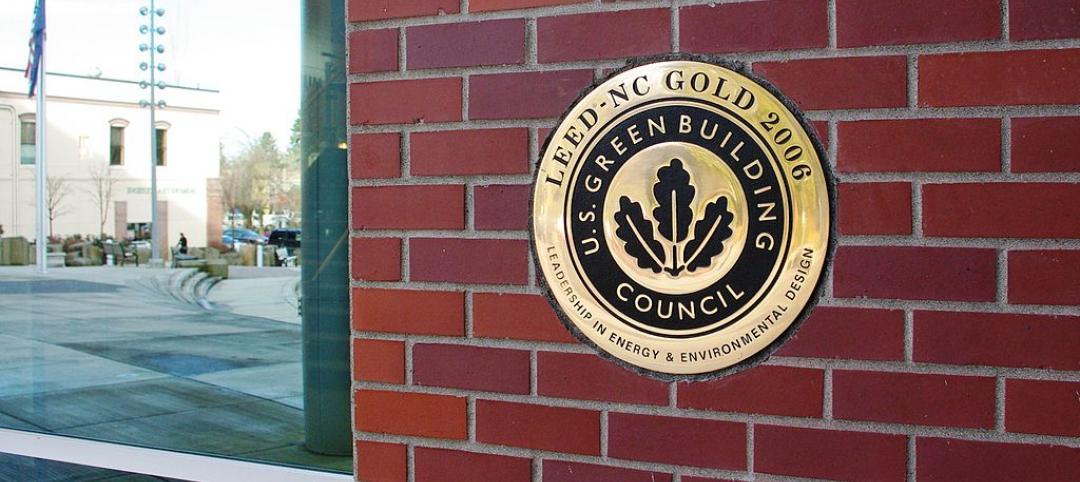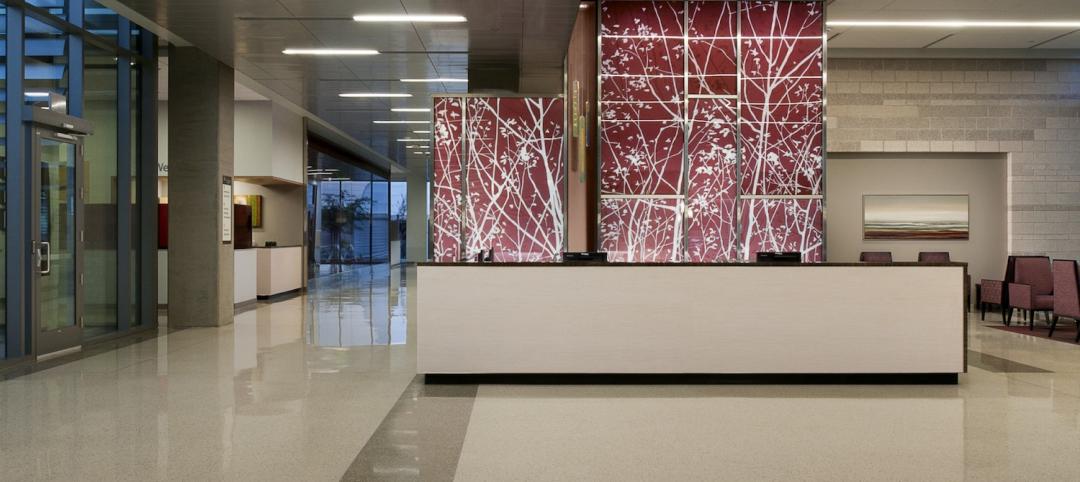Boulder, CO –Because the existing building stock dwarfs the amount of building space that is added on an annual basis, retrofits are a critical pathway to greening the world’s commercial buildings. Regulations and policy measures, technological advances, and cost reductions are all driving increased investment in energy efficiency retrofits. According to a recent report from Navigant Research, cumulative investment in commercial building energy efficiency retrofits will total $959 billion from 2014 through 2023.
“Led by the Asia Pacific region, the global market for energy efficiency commercial building retrofits is expected to grow at more than 7 percent a year through 2023,” says Eric Bloom, principal research analyst with Navigant Research. “While government mandates play an important part in driving this growth, many retrofit projects are being undertaken on a voluntary basis, as corporate sustainability initiatives spread.”
The payback periods for energy efficiency retrofit projects are slowly decreasing, according to the report, but they remain a critical factor for most building owners and managers. Tolerance for longer payback periods varies both by region and by building owner category. Only 15 percent of all energy efficiency retrofits are initiated with increased energy efficiency as the primary motivator, the report concludes.
The report, “Energy Efficiency Retrofits for Commercial and Public Buildings”, examines the global market opportunity for energy efficiency retrofits in eight different commercial and public building types. It analyzes the key market and technology issues related to energy efficiency retrofits, with a focus on the following product and service types: HVAC, lighting, controls, water efficiency, water heating, building envelope, power generation, commissioning, installation, and energy service companies (ESCOs). Global market forecasts for revenue, segmented by region, product and service type, and building type, extend through 2023. The report also assesses the demand drivers, business models, and standardization and regulatory factors related to energy efficiency commercial and public building retrofits and profiles the key industry players in this market. An Executive Summary of the report is available for free download on the Navigant Research website.
About Navigant Research
Navigant Research, the dedicated research arm of Navigant, provides market research and benchmarking services for rapidly changing and often highly regulated industries. In the energy sector, Navigant Research focuses on in-depth analysis and reporting about global clean technology markets. The team’s research methodology combines supply-side industry analysis, end-user primary research and demand assessment, and deep examination of technology trends to provide a comprehensive view of the Smart Energy, Smart Utilities, Smart Transportation, and Smart Buildings sectors. Additional information about Navigant Research can be found at www.navigantresearch.com.
About Navigant
Navigant is a specialized, global expert services firm dedicated to assisting clients in creating and protecting value in the face of critical business risks and opportunities. Through senior level engagement with clients, Navigant professionals combine technical expertise in Disputes and Investigations, Economics, Financial Advisory and Management Consulting, with business pragmatism in the highly regulated Construction, Energy, Financial Services and Healthcare industries to support clients in addressing their most critical business needs. More information about Navigant can be found at www.navigant.com.
* The information contained in this press release concerning the report, “Energy Efficiency Retrofits for Commercial and Public Buildings,”is a summary and reflects Navigant Research’s current expectations based on market data and trend analysis. Market predictions and expectations are inherently uncertain and actual results may differ materially from those contained in this press release or the report. Please refer to the full report for a complete understanding of the assumptions underlying the report’s conclusions and the methodologies used to create the report. Neither Navigant Research nor Navigant undertakes any obligation to update any of the information contained in this press release or the report.
Related Stories
| Dec 28, 2014
Using energy modeling to increase project value [AIA course]
This course, worth 1.0 AIA LU/HSW, explores how to increase project value through energy modeling, as well as how to conduct quick payback and net present value studies to identify which energy strategies are most viable for the project.
| Dec 23, 2014
5 tech trends transforming BIM/VDC
From energy modeling on the fly to prefabrication of building systems, these advancements are potential game changers for AEC firms that are serious about building information modeling.
| Nov 25, 2014
Behnisch Architekten unveils design for energy-positive building in Boston
The multi-use building for Artists For Humanity that is slated to be the largest energy positive commercial building in New England.
| Nov 21, 2014
STEP Foundation, Green Building Initiative Team to Promote Building Sustainability
The STEP Foundation, a nonprofit organization dedicated to providing technology industry benchmarks for sustainability practices in the built environment, and the Green Building Initiative, a nonprofit organization committed to accelerating the adoption of sustainable building practices, have signed a Memorandum of Understanding.
| Nov 12, 2014
Chesapeake Bay Foundation completes uber-green Brock Environmental Center, targets Living Building certification
More than a decade after opening its groundbreaking Philip Merrill Environmental Center, the group is back at it with a structure designed to be net-zero water, net-zero energy, and net-zero waste.
| Nov 2, 2014
Top 10 LEED lessons learned from a green building veteran
M+W Group's David Gibney offers his top lessons learned from coordinating dozens of large LEED projects during the past 13 years.
| Oct 30, 2014
CannonDesign releases guide for specifying flooring in healthcare settings
The new report, "Flooring Applications in Healthcare Settings," compares and contrasts different flooring types in the context of parameters such as health and safety impact, design and operational issues, environmental considerations, economics, and product options.
| Oct 29, 2014
Better guidance for appraising green buildings is steadily emerging
The Appraisal Foundation is striving to improve appraisers’ understanding of green valuation.
| Oct 27, 2014
Report estimates 1.2 million people experience LEED-certified retail centers daily
The "LEED In Motion: Retail" report includes USGBC’s conceptualization of the future of retail, emphasizing the economic and social benefit of green building for retailers of all sizes and types.
| Oct 27, 2014
Top 10 green building products for 2015
Among the breakthrough products to make BuildingGreen's annual Top-10 Green Building Products list are halogen-free polyiso insulation and a high-flow-rate biofiltration system.
















